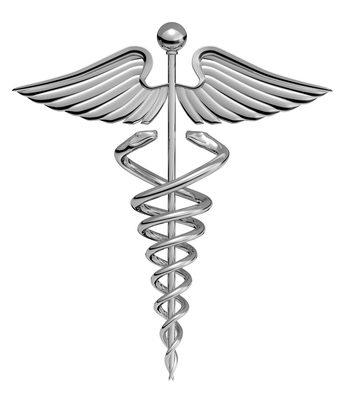Systems medicine is an emerging field of medical study and practice that is rooted in health and biological sciences. Rather than focusing on a single disorder or process within the body, this type of practice takes a broader approach to managing human health. Practitioners examine a wide range of factors, including physical, emotional and environmental, when determining a course of treatment to provide long-lasting relief for the patient. The concept of whole-system treatment is not new, but recent advances in information technology and biology allow physicians to apply its principles to individuals in standard healthcare settings.
An Integrated and Comprehensive Approach
Conventional medical practice is focused on specialization. Many medical professionals choose a specific practice to pursue, like dentistry or immunology, and treatments are usually centered around addressing a specific issue that is effecting a certain system or organ within the body. However, virtually all tissue within the body has a tangible effect on the rest of the body, none of it operates on its own. This means that specific health issues are often much more complicated than they seem.
Approaching the study of health from a multi-disciplinary perspective allows physicians to develop effective, long-term solutions to health issues faced by their patients. This type of top-down treatment seeks to address underlying problems both inside and outside the body. Habits, behaviors, social conflicts and living conditions all become part of the equation when considering healthcare options for an individual.
Applying Information Technology in Healthcare Settings
Essentially, systems medicine is the application of advanced information technology in theoretical research and practical treatment. Virtually all modern healthcare facilities are equipped with powerful computers that can store vast amounts of data regarding individual people. This allows physicians and researchers to take hundreds of different factors into account when diagnosing disorders and recommending a course of treatment. The ability to accurately measure and compare the results of treatment is fundamental to the practice, as it is in any other field of science.
Read: 5 Functions of the HIT Standards Committee
The Path to Personalized Treatment
One of the most exciting aspects of recent developments in the field of systems biomedicine is the prospect of personalized treatment plans. Now that doctors can record and track patient data digitally, they can collect and use much more information than ever before. The role of informatics in personalized medicine is certainly complex, but it offers a variety of advantages compared to traditional methods, according to the National Academies Press.
Establishing key data points for each patient allows multiple physicians to access detailed information nearly instantly. They can also use this information to help their patients manage environmental factors that could impact their well-being or recovery. Doctors can even take a person’s genetic traits, living standards and medical history into account when looking for the cause of a disease or other health disorder. This takes some of the guessing out of the diagnostic process, which is better for both patients and doctors.
The Future of Medicine
As the capabilities of informational technology and digital tools expands, so will their application in healthcare environments. They provide the framework for individualized treatment that is completely centered around the needs of an individual patient, rather than generic processes. Systems medicine is the future of patient care in many ways, as it blends the fields of theoretical research, practical treatment and bedside care.
